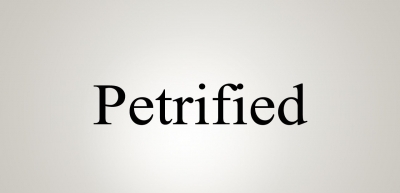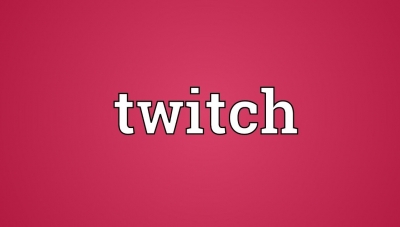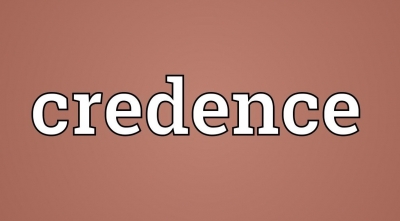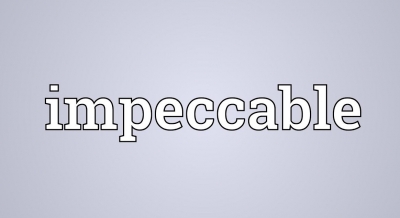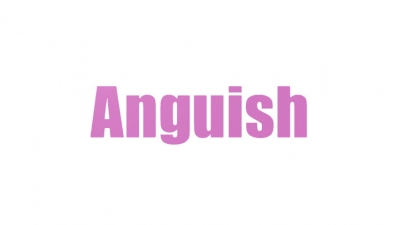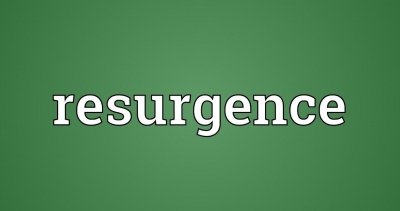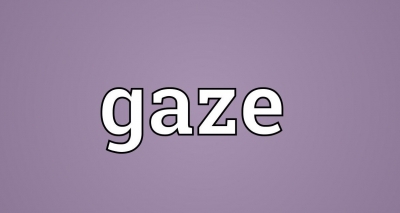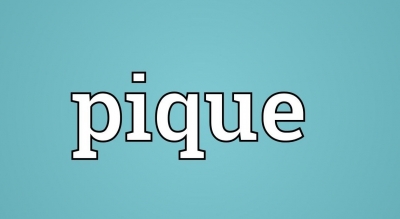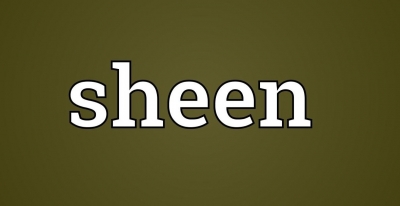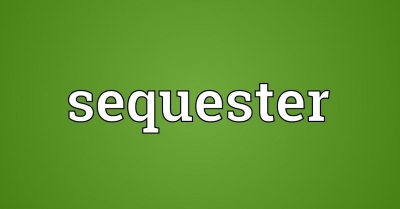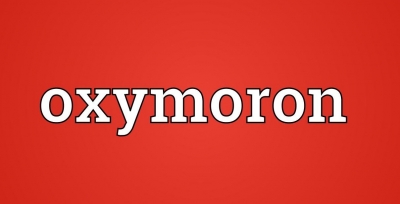
Have you ever come across phrases such as deafening silence or seriously funny? These words seem to contradict each other, don't they? And yet, they are not grammatically incorrect. They are deliberately used to create a striking effect, and the literary technique employed to do that is called an oxymoron.
A figure of speech, oxymoron combines words with contradictory definitions to coin a new word or phrase. An oxymoron can seem absurd yet make perfect sense at the same time. For example, words and phrases such as "virtual reality" and "bittersweet"' consist of contrasting words.
In fact, the word "oxymoron" itself is derived from the Greek words "oxys" (meaning "sharp") and "moros" (meaning "dull"). So, the word "oxymoron" is an oxymoron!
Not a paradox
Although they might sound, similar, an "oxymoron" is not the same as a "paradox." A paradox consists of a statement or a group of statements, while an oxymoron consists of two contradictory terms.
Why they are used
The words used in an oxymoron seem to negate one another. So why are they used in literature?
It's simple, they are used for dramatic effect. An oxymoron amplifies the meaning of the second word. For instance, in the phrase "absolutely unsure" the first word is putting an emphasis on the second, highlighting the degree of uncertainty. Using oxymorons also adds a dash of humour and wit to writing. They also help in expressing complex ideas and reveal deeper meanings. It makes the reader pause and think.
For example, the phrase "original copy" is a pairing of opposing words that contradict each other. If something is original, then it is not a copy. In turn, if something is a copy, then it is not original. Yet, original copy as an oxymoron commonly and figuratively means that the content of the copy is original.
Satire and Irony
Oxymorons can also be satirical or ironical. They are composed of words that are not inherently contradictory but express the opinion that the two do not go together. For example, "business ethics" or "just war".
In literature
Oxymorons have been used in literature for centuries. Here are some famous examples:
- “Romeo and Juliet” - One of the most famous lines of William Shakespeare's classic "Romeo and Juliet" is an oxymoron: "Parting is such sweet sorrow." He also used oxymorons to express Romeo's inner conflict through the contradictions of his words: "Why, then, O brawling love! O loving hate! O anything, of nothing first create!"
- "Call of the Wild": Author Jack London cleverly uses oxymorons to describe the beautiful, yet brutal landscape of the Canadian Yukon during the Klondike Gold Rush. London describes the Aurora Borealis, which lights up the sky as "flaming coldly."
- "Don Juan": In this poem, Lord Byron uses the oxymoron "melancholy merriment" to describe the feelings and connections between sadness and joy.
Picture Credit : Google
